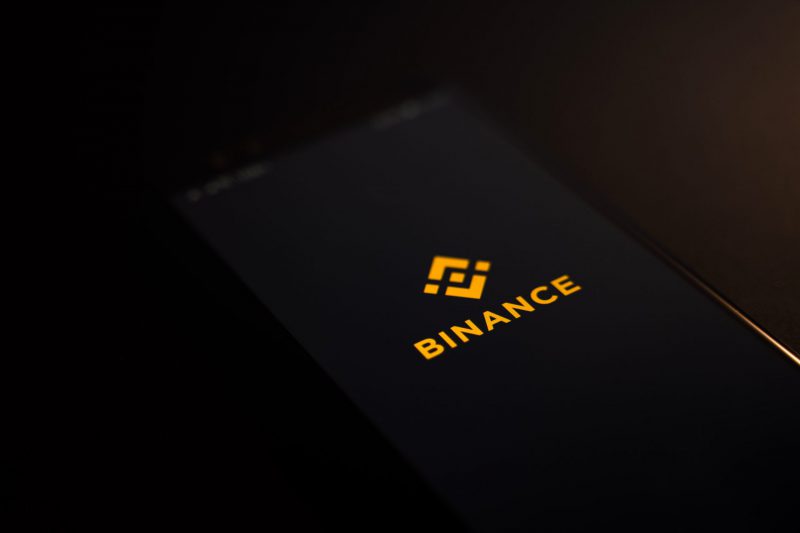The crypto-verse has been hit with intense regulatory oversight this year. As the Securities and Exchange Commission [SEC] and Ripple case continue to take several turns, Binance, the world’s largest crypto exchange was hit with charges. Back in March 2023, the Commodities Futures Trading Commission [CFTC] accused Binance of “willful evasion” of the law and “operating an illegal digital asset derivatives exchange.” CFTC commissioner Kristin N. Johnson addressed the ongoing case in a recent interview.
Johnson highlighted how the progress of an ongoing litigation issue is often protected. This is mostly due to the fact that any defendant is usually innocent until evidence suggests otherwise. Therefore, the CFTC commissioner decided to stray from “prejudging” what is expected to unravel in the litigation.
She further noted how businesses are often given the opportunity to explain the grounds for any sort of problematic conduct. This further allows the CFTC to work on a path forward. However, speaking about Binance she stated,
“As of the moment, we can conclude that there isn’t an immediate path forward. But that doesn’t mean that there couldn’t be one and hopefully, there could be one.”
Binance has often underlined that it is immune from several rules that the American government enforces since it doesn’t have a headquarters in the country. Johnson, however, clarified that even though a firm doesn’t intend to trigger regulations or isn’t organized in the country doesn’t mean that they are free from regulatory oversight.
She goes on to describe the methods CFTC uses to determine whether a business has American individuals or customers. The government also checks to see if the company in question has an effect on the stability of the U.S. financial markets. If they tick these criteria, according to Johnson, the CFTC has regulatory jurisdiction over the company.
CFTC to employ Dodd-Frank Act
Johnson further highlighted how the CFTC will most likely be employing a provision from the 2010 Dodd-Frank Act. This act was passed under President Barack Obama back in 2010. The CFTC commissioner noted that the agency is using this provision for the very first time in the Binance case. The provision reportedly focuses on the anti-evasion principle. This prevented entities from orchestrating business overseas that entails the ability to impact, attract or solicit U.S. investors. She added,
“Our reading of what we’ve seen in terms of evidence suggests that the provision could be applicable in context to Binance.”





